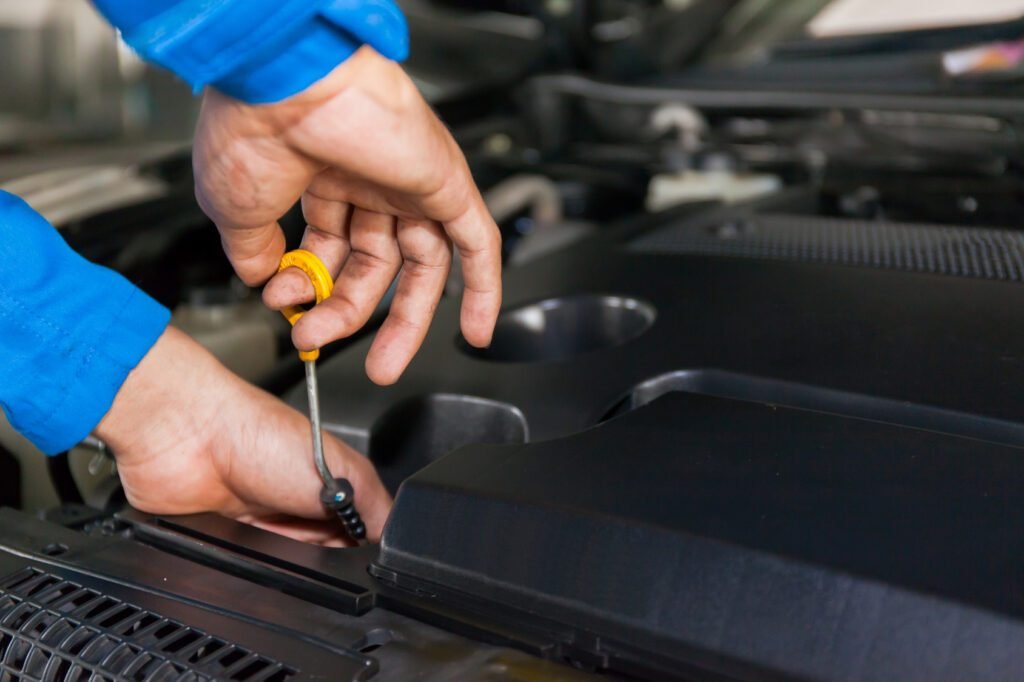Oil changes are part of routine car maintenance, but unfortunately some people ignore them.
An oil change is one of the most sought after auto services in the U.S., and it generated about $7 billion in revenues in 2016.
For years, car owners have been reminded to change their oil after 3,000 miles. Today, there are refined oils that go for 5,000 to 7,500 miles between changes.
Those who maintain their cars well and drive less often can change their oil after about 10,000 miles.
Did you know that modern oil usually has additives to make it easier for filters to trap contaminants?
And there are even more benefits of oil changes you may not know about.
Ready to learn more? Let’s go.
Synthetic options are better
There are different types of oils, including synthetic, synthetic blend and conventional.
Conventional oils are petroleum based and organic but offer limited protection for your engine.
Synthetic oils are man-made, and they are an excellent choice because they have fewer impurities and more additives. They ensure a seamless engine performance. So, you can spend extra few dollars to get these oils.
Bio-based oils are coming
Unlike petrol-based oils, bio-based oils have been tested and have higher inherent biodegradation rate. Earlier studies and tests have revealed that they have higher performance than current oils.
Additionally, they have low carbon print. These oils are made from Sawgrass, canola, and switchgrass. You can expect to benefit from these oils once they are fully available in the market.
Check moisture in your engine
When you rarely use your car, moisture tends to build up in in the crankcase. This may cause the engine to reach its operating temperature.
So, if you drive your car less than 10 miles a day, you need to get regular oil changes to prevent possible damage caused by frequent cold startups.
Some parts may require repair during oil change
When visiting an auto repair shop for an oil change, the mechanic may inspect your fluid levels, air filters, wiper blades, tires, belts and other parts to ensure they are in good condition.
If any of these auto parts need to be changed, expect to spend more during an oil change to ensure your car is in a good state.
Never skip oil changes
One key thing that you must understand is that the oil in you car helps to ensure that it runs smoothly. It helps with engine lubrication and removal of heat from the engine.
The oil moves around the engine and other components to ensure everything is working fine. Keep in mind that oil works effectively when used as recommended.
Unfortunately, while it’s moving, it picks up debris and other small parts from your engine and gets dirty over time.
If you fail to change this dirty oil, your engine lubrication is jeopardized, and thus, reduces your car’s performance. You may end up suffering additional repair costs as well.
Get your oil changed
Oil changes are still necessary services to help keep your car at its optimum performance. If possible, never skip an oil change.
If you are unsure when to change, consult your manufacturer’s specifications or visit a trusted repair shop to get a recommendation.
Those who drive on dusty roads, rough areas and extreme environments will need frequent oil changes.
Also, don’t forget to choose the right oil for your car.
For more help on how to change your oil, call us today!

